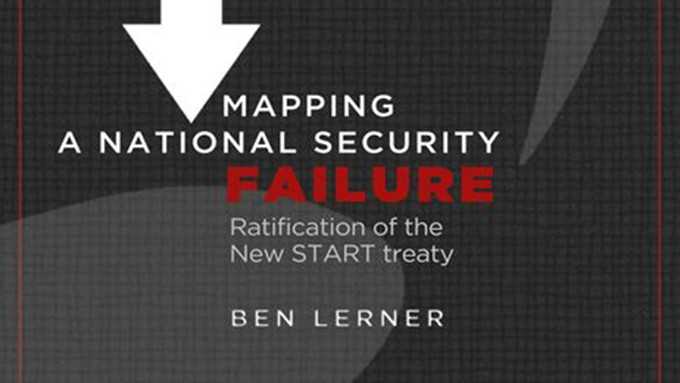Mapping a National Security Failure: Ratification of the New START Treaty

CONCLUSION
Finally, though New START was ratified in large part because a sufficient number of Republican Senators were convinced that a vote for ratification was in the national security interests of the United States, a separate dynamic arguably contributed to the outcome. Senate Republican leadership, including those in leadership who opposed New START, chose not to pressure the rest of the caucus to vote against ratification, instead leaving them to vote as they saw fit.[173] While it cannot be asserted with any certainty that a concerted effort to unify Senate Republican opposition against New START would have successfully blocked ratification, it is plausible that some Senators might have voted differently, or perhaps argued more strenuously for postponing a vote until the next session of the Senate, had such an effort been made.
Note from the author
The author wishes to thank the following individuals for their invaluable feedback in the course of drafting this paper:
Dr. Keith B. Payne, Professor and Department Head, Graduate School of Defense and Strategic Studies, Missouri State University (Washington Campus)
Mr. Baker Spring, F.M. Kirby Research Fellow in National Security Policy, Douglas and Sarah Allison Center for Foreign Policy Studies, The Heritage Foundation
Of course, as ever, responsibility for any inaccuracies in this paper lies with the author alone.
- Trump’s Election Was a Win in the Fight to Keep Gitmo Open - January 4, 2017
- NDAA and the Counter-Drone Challenge - December 23, 2016
- NDAA Takes On Counter-Drone Challenge - December 8, 2016
